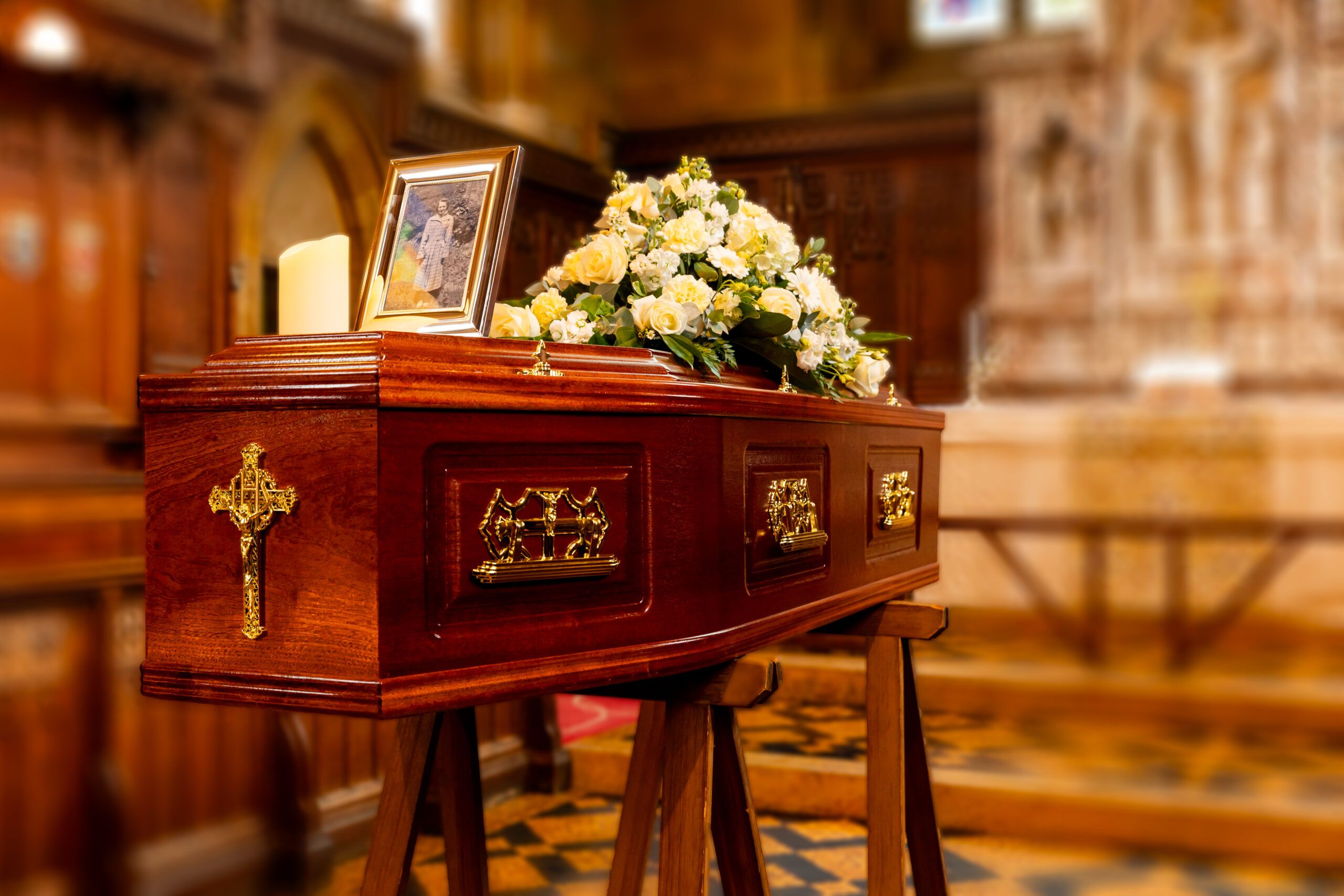A eulogy is a personal tribute to your loved one, celebrating their life and paying homage to their personality and memory. It is usually read by the Officiant or a family member.
Here are some points to help you prepare a eulogy.
- Talk with relatives and close friends – sharing stories of your loved may bring inspiration to add to your list of events and memories.
- List meaningful information – start to write down poignant events and memories that you would like to share with friends and family.
- Set the tone – it does not have to be formal, it could be sentimental, biographical, or a combination.
- Arrange your ideas – start to plan out the order you would like to use and expand on your original notes and ideas. It doesn’t have to be chronological, but this is often a natural order to read in. Try not to make your eulogy too long, a general guide time would be 3-5 minutes.
- It can be helpful to practice the eulogy – not only to have an idea on the timing, but to give you opportunity to hear your written word spoken aloud. You could record this on your phone and listen back to check where you could add in a moment to pause, or check the pronunciation of a name or word.
If you are personally delivering a eulogy, here are some things to remember.
Speak clearly and slowly – a eulogy can be an emotional speech, and you may be feeling extremely nervous. This may cause you to rush through your tribute, which could make it difficult for mourners hearing and/or understanding your words.
Breathe and pause – nervousness can affect your breathing rate, so it is important that you factor in moments to pause. This will be more comfortable for you and give you better control in the delivery of your words. It also allows for a moment of silence for mourners to take in your words, or for a little laughter if there is humour involved.
Choose a focal point in the venue – look for a point just beyond the congregation, which will give you a spot to return to when looking down at any notes. This will also help to keep your head high, allowing clearer delivery and projection of your voice.
It is important to remember that you do not have to memorise every word. You can take a written/printed copy with you for the service, which could be a full version or refined to key points as prompts for you.
Always send of copy of your eulogy to the Officiant before the service. This gives opportunity for the Officiant to refer to aspects of your eulogy at other points during the service, and allows them to step in, should you become overwhelmed and unable to conclude your words.



